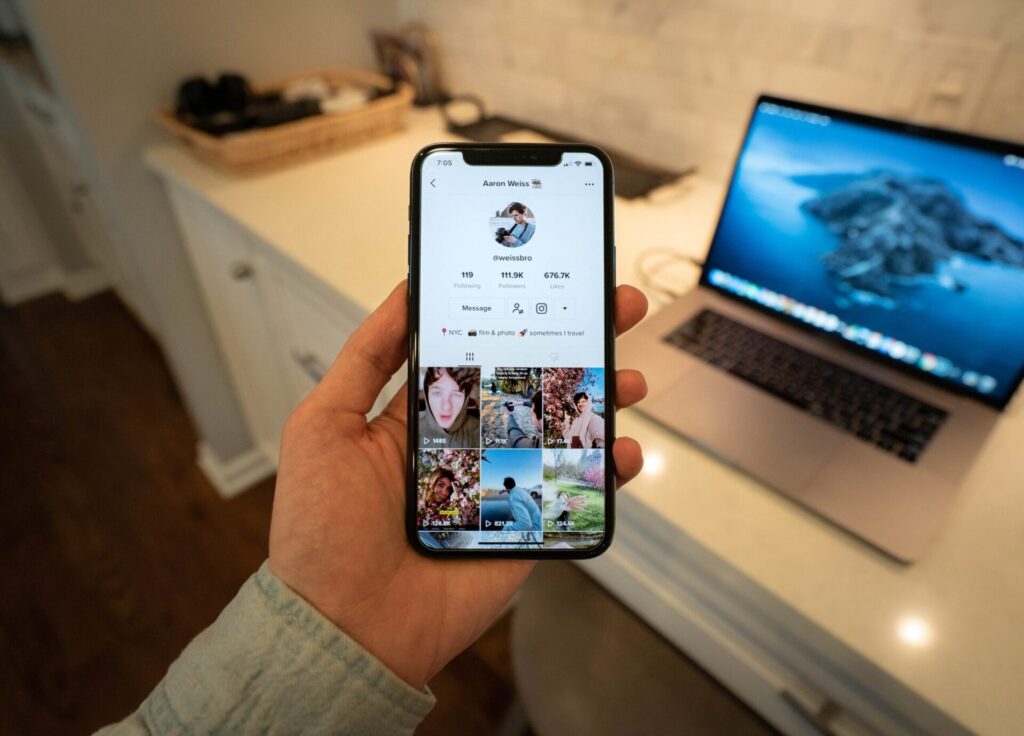There are around 4.48 BILLION social media users worldwide as of 2021.
That means it’s easier than ever for insurance agencies to reach their target audiences. Of course, that also leaves the burning question: “What should an insurance agency post on social media?”
Let’s get into it.
There’s no way to say it…we’re breaking up…
with poor, optimized content!
You’ll learn the top 5 tips to help you optimize content starting today!
For instance, did you know 80 characters on Facebook posts get 66% higher engagement! That’s not a lot to work with!
But it’s exactly what your users need. You’ll be making getting more clicks the next time you optmize your content!
Character Length
Tip #1: You don’t need to max your character count for more clicks. Know what your audience prefers for character length.
It’s easy to think that maxing your character limit would create more clicks. Wrong!
Headlines, content, and even link descriptions have a limit on what will generate audience engagement.
The Golden Rule is to condense your information to what’s only absolutely necessary for users. Your users are more than likely skimming through x1000 pieces of content weekly.
Focus on being direct with your content. Here are the sweet spots for the most popular online platforms:
Facebook:
Headline Text: 5 words
Body Text: 40 – 80 characters (or 14 words)
Link Description Text: 18 words
Twitter:
Body text: 71 – 100 characters
Instagram:
Body Text: 138 – 150 characters
Hashtags: 10 – 11 *seperate your hashtages from your caption
LinkedIn:
Body text: 50-100 characters
Word Balance
Tip #2: Find the right balance of different emotional words.
Don’t think it all stops with just writing short sentences. Each word needs to have value to create the right balance of emotional, power, common, and uncommon words.
While many marketers use different methods to evaluate the impact of their words, you can bet there’s a science to back up their word choice.
One of the better methods out there is a headline analyzer.
Our favorite is the analyzer by Headlines.
Get your headlines, bios, and even posts analyzed to see the impact each of your words has. While this tool is mainly used for headlines, I’ve found that short descriptions also work well.
Use this with some caution, however. Using useless adjectives or jargon will get your audience skipping to the next ad. It’s always best to read it out loud to see how the words sound.
Spacing
Tip #3: Keep your content accessible by dividing your paragraphs with spacing.
It’s simple.
It’s effective.
And it’s easy on the eyes.
You should know by now that your audience loves to skim. Keep that in mind as you optimize content with long paragraphs on the new service you’re launching.
Readers are looking for digestible content. Ever hear of TL;DR?
That’s where “white space” comes in. White space in design allows the brain to organize a large amount of information. Your brain will be more likely to remember large bits of information when it’s broken down into small, skimmable parts.
Focus
Tip #4: Focus on one idea per post. Let each sentence have its own idea.
We’ve talked plenty about the technical aspects of content. Now let’s focus on the abstract.
Your content should be expressing one idea. A sentence should focus on the thought. A headline should focus on one topic. Your body text should promote to one type of audience.
Many content writers swear by the 20-word rule. Any more and you can lose up to 10% of your readers!
- Extra tip: Use the breath test when reading out your content. Any pausing when reading your content may mean it’s too long. Break it down to create fewer pauses!
Avoid Crossposting
Tip #5: Craft variations of your post. Your audience differs per platform. Adjusting just a small bit of your post can keep you from looking careless.
Content doesn’t always transfer well to another platform. One hashtag can bring up different results on different platforms. One profile may not exist on another.
Your audience will take notice of how you handle your content. In fact, Twitter’s recent guidelines prevent the automation of similar content!
Remember who your audience is for every platform. You’ll keep their attention when you optimize content to fit their attention span.
Your content has 8 seconds on average to engage your audience (no matter the platform).
To optimize content, use sites like Loomly to map out your content. You’ll be able to edit posts for your selected platforms all within one workspace!
Consider using these 5 tips for your future content. These simple tweaks will have you seeing a quick change in your content’s analytics almost immediately! Check out our services to see how else we can optimize your future content.





